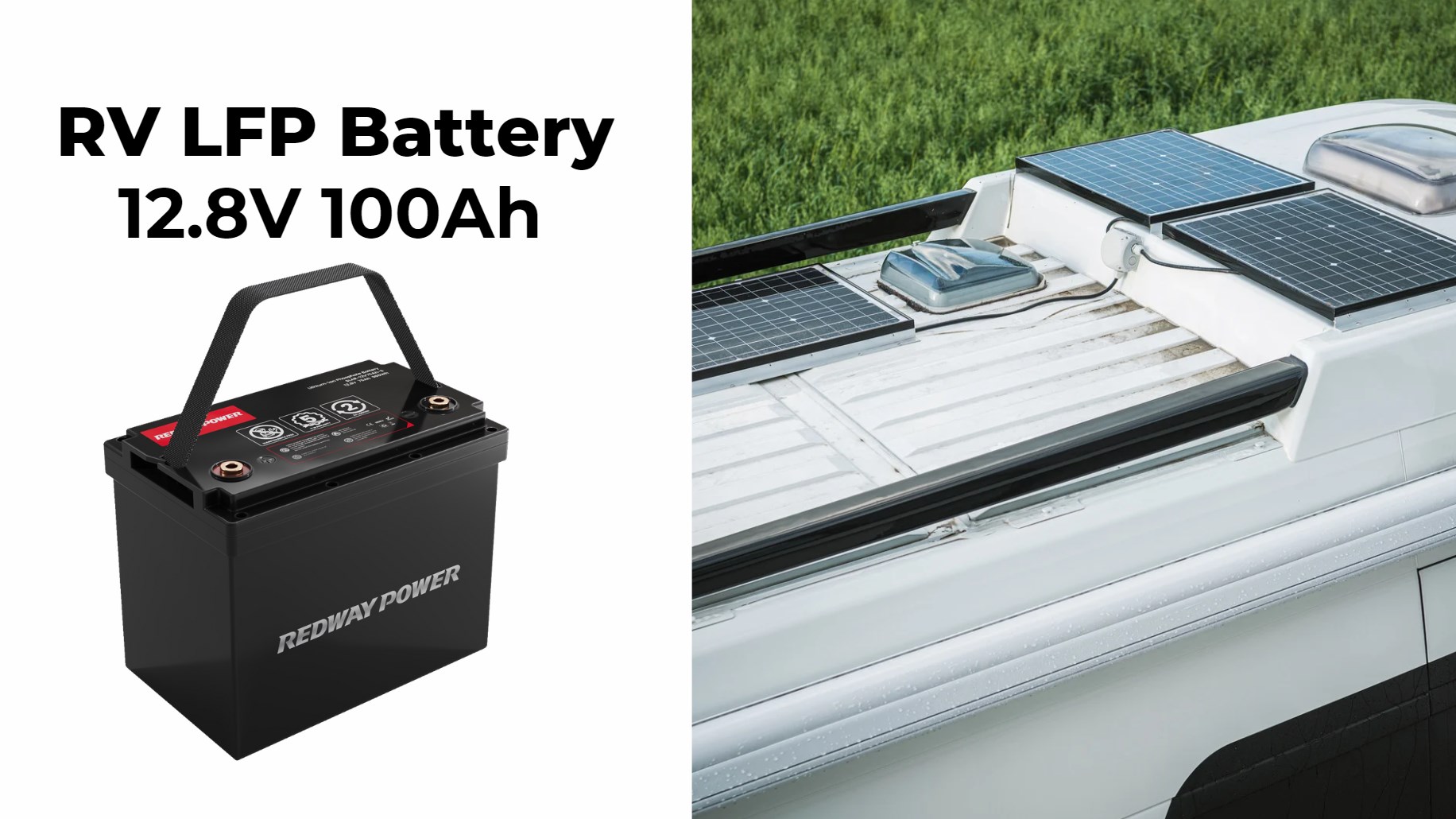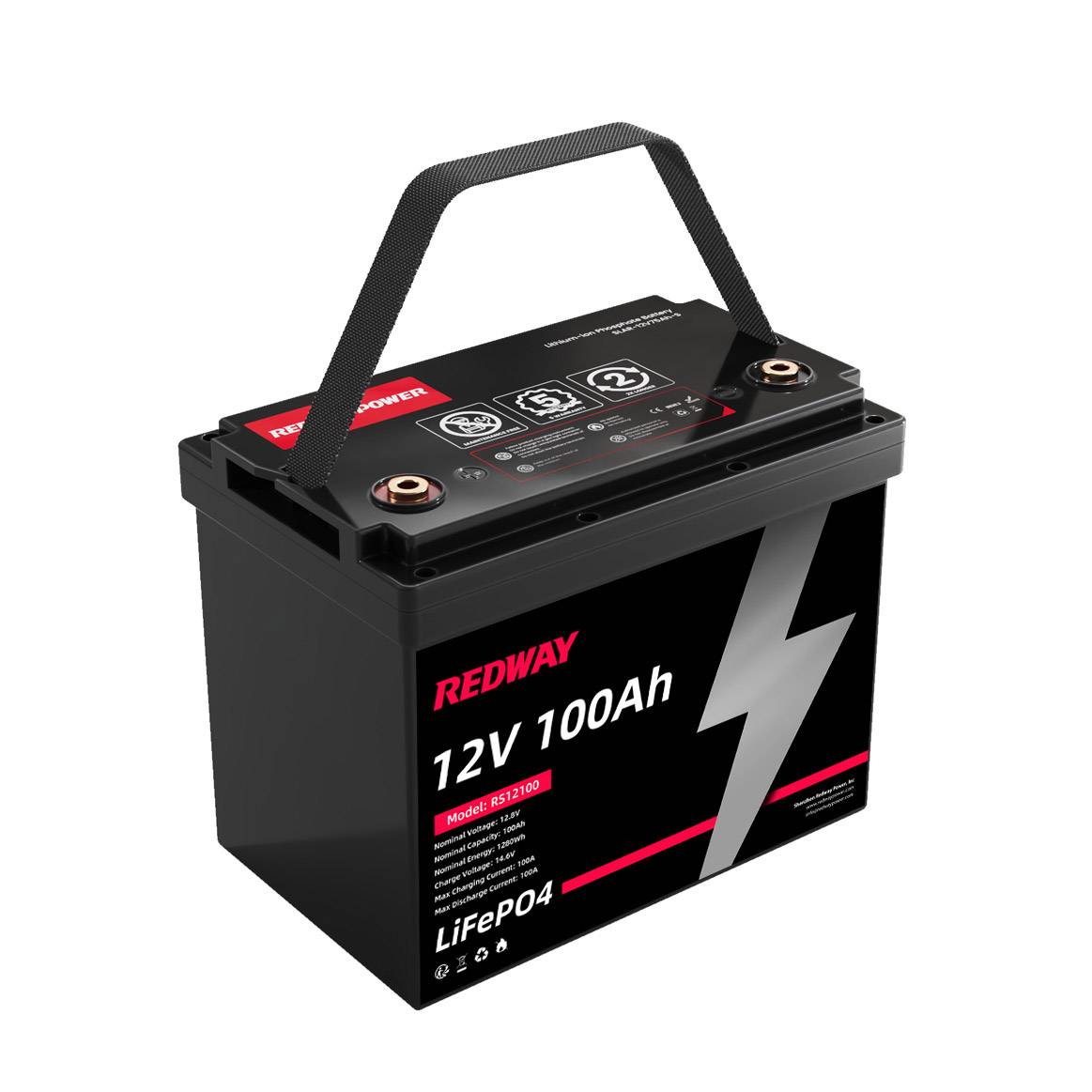When it comes to harnessing solar energy, a critical consideration is understanding how long it will take to charge a 100Ah battery with a 200W solar panel. This process involves various factors including solar panel efficiency, battery capacity, and environmental conditions. In this article, we will provide an in-depth analysis of these elements to help you maximize the performance of your solar power system.
Solar panel charging efficiency for a 100Ah battery depends on several factors like panel capacity and sunlight availability. More sunlight means faster charging! A good charge controller also helps maximize energy transfer from panels to the battery while minimizing losses during conversion.
1. Basics of Solar Panel and Battery Compatibility
To determine the time required to charge a 100Ah battery using a 200W solar panel, it is essential to grasp the basic compatibility between the solar panel and the battery. A 100Ah battery signifies that the battery can provide 100 amps for one hour or 1 amp for 100 hours. The 200W solar panel refers to its peak power output under optimal sunlight conditions.
2. Calculating Charge Time for a 100Ah Battery
The fundamental calculation involves converting the battery capacity from amp-hours (Ah) to watt-hours (Wh). A 100Ah battery at 12 volts translates to:
Battery Capacity=100 Ah×12 V=1200 Wh
With a 200W solar panel, the calculation of charge time can be summarized as follows:
Charge Time=Battery Capacity (Wh)/(Solar Panel Output (W)×Sunlight Hours)
Assuming an average of 5 sunlight hours per day:
Daily Charging Output=200 W×5 hours=1000 Wh
Charge Time=1200 Wh/1000 Wh=1.2 days
This estimate indicates that, under ideal conditions, a 200W solar panel can fully charge a 100Ah battery in approximately 1.2 days.
3. Factors Affecting Charging Time
While the above calculation provides a theoretical estimate, several factors can influence the actual charge time:
- Solar Irradiance: The intensity of sunlight can vary based on geographical location, time of year, and weather conditions. In areas with lower solar irradiance, the charge time may increase.
- Panel Orientation and Tilt: Optimal orientation and tilt angles of the solar panel maximize sunlight exposure and efficiency. Panels should ideally face the sun directly to capture the maximum amount of energy.
- Battery State of Charge: If the battery is not completely discharged, the charge time will be reduced accordingly. Conversely, a partially discharged battery will require less time to reach full capacity.
- Efficiency Losses: Conversion losses in both the solar panel and the battery charging system can affect overall efficiency. Factors such as wiring losses and inverter efficiency should be accounted for.
4. Redway Battery Solutions
When considering high-quality battery solutions, Redway Battery stands out as a leading manufacturer and supplier of 12v – 72v 100Ah LiFePO4 batteries. With extensive experience in the industry, Redway Battery provides reliable and efficient power storage solutions suitable for various applications, including solar power systems.
5. Benefits of LiFePO4 Batteries
LiFePO4 batteries are known for their superior performance compared to traditional lead-acid batteries. They offer numerous advantages:
- Long Cycle Life: LiFePO4 batteries typically last between 2000 to 5000 cycles, ensuring long-term reliability.
- High Efficiency: These batteries feature high charge and discharge efficiency, which is crucial for solar power systems.
- Safety: LiFePO4 chemistry provides enhanced safety with lower risk of overheating and thermal runaway.
- Lightweight: Compared to lead-acid batteries, LiFePO4 batteries are lighter and more compact, facilitating easier installation and handling.
6. Custom Solutions and Applications
Redway Battery offers tailored solutions for various needs, including custom golf cart batteries and other specialized applications. Their expertise in B2B and OEM markets ensures that clients receive the best advice and solutions for their power requirements. Whether for high-drain applications or everyday use, Redway Battery is dedicated to delivering excellence.
7. Optimizing Solar Power Systems
To maximize the efficiency of your solar power system, consider the following tips:
- Regular Maintenance: Keep the solar panels clean and free from obstructions to ensure optimal performance.
- Battery Management System (BMS): Implement a reliable BMS to monitor and manage the battery’s health, ensuring safe and efficient operation.
- System Sizing: Properly size the solar panel array and battery bank to match your energy consumption needs and ensure adequate power supply.
8. Conclusion
In conclusion, charging a 100Ah battery with a 200W solar panel involves understanding the fundamental calculations and accounting for various influencing factors. By leveraging high-quality batteries like those offered by Redway Battery, and optimizing your solar power system, you can achieve efficient and reliable energy storage solutions.
For tailored advice and high-performance battery solutions, we encourage you to reach out to Redway Battery today to discuss your specific needs and receive a personalized quote.




